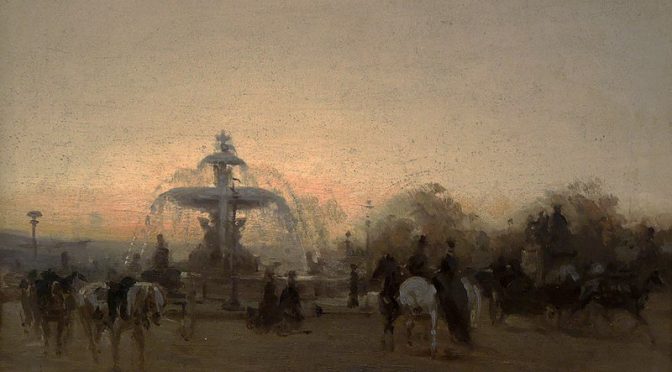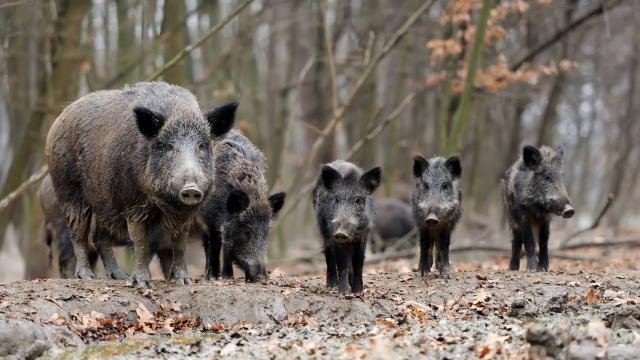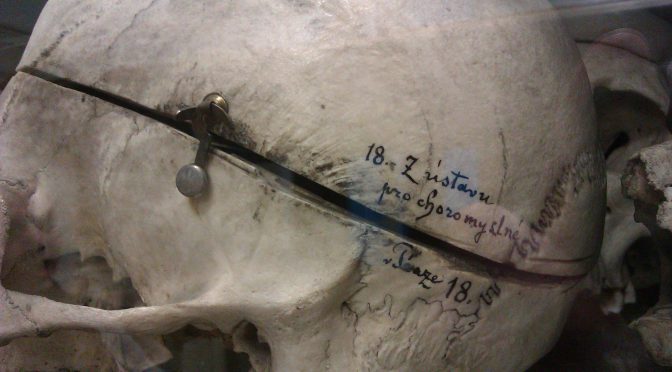Derridovy Evropy: Dekonstrukce, marxismus, demokracie
Osa 1: Přemístění, vykořenění, odchýlení: lidé, vědění, praktiky
Kontakt: thomas.mercier@cefres.cz (dostupný od 1. ledna 2018)
 Thomas Mercier získal po dokončení doktorského studia na Sciences-Po v Paříži také doktorát z filosofie na King’s College London (War Studies Department) v květnu 2017. Ve své disertační práci se zabývá vztahem mezi násilím a legitimitou v demokracii. Ve své analýze vychází ze studia mezinárodních vztahů, performativity studies, psychoanalýzy a dekonstrukce. Ves svých posledních pracích se zaměřuje na mezinárodní vztahy, postkoloniální a dekoloniální myšlení, dekonstruktivistickou bio-politiku, queer a genderová studia i etiku ve vztahu k zvířatům a životnímu prostředí.
Thomas Mercier získal po dokončení doktorského studia na Sciences-Po v Paříži také doktorát z filosofie na King’s College London (War Studies Department) v květnu 2017. Ve své disertační práci se zabývá vztahem mezi násilím a legitimitou v demokracii. Ve své analýze vychází ze studia mezinárodních vztahů, performativity studies, psychoanalýzy a dekonstrukce. Ves svých posledních pracích se zaměřuje na mezinárodní vztahy, postkoloniální a dekoloniální myšlení, dekonstruktivistickou bio-politiku, queer a genderová studia i etiku ve vztahu k zvířatům a životnímu prostředí.
Výzkumný projekt Thomase Merciera v CEFRESu spojuje přístup biografický a filosofický s cílem objasnit vztah Jacquesa Derridy k Evropě – nebo přesněji řečeno, k Evropám -, tedy k celku, který pojímá vícevrstvý a různorodý. Obecně řečeno, chce prostudovat Derridovy teoretické a politické snahy o vytvoření jakéhosi evropského pojetí demokracie, která by byla přístupná své budoucí proměně a dekonstrukci. Zajímá se zejména o osobní a kulturní vztah Derridy k střední a východní Evropě, a to jak před tak i po pádu Sovětského svazu. Vychází při tom ze dekonstruktivistických studií, které Derrida věnoval textům o politice založené na marxismu. Řada z těchto často kritických studií vznikla v rámci přednášek na École Normale Supérieure v 60. a 70. letech a dodnes nebyla vydána. Tyto Derridovy nezveřejněné poznámky předcházejí jeho práci Spectres de Marx vydanou roku 1993, ve které přehodnocuje přínos marxistické filosofie a činí z ní základní prvek evropského dědictví a příslibu evropské budoucnosti. Zárověň Derrida dekonstruuje s tím spojený teologický narativ, podle něhož je souzeno, aby neoliberalismus v Evropě zvítězil, když se konečně sjednotila následkem domělého odumření marxistického příslibu amancipace. Derrida tak zpochybňuje diskurs z dob studené války, který sobě staví přímo proti sobě tradici marxistickou a liberální, čili východní a západní Evropu. Thomas Mercier si klade za cíl na základě nepublikovaných poznámek a dalších archivních materiálů zcela novým způsobem objasnit vztah mezi dekonstrukcí a historickým materialismem a aktualizovat politické důsledky Derridových úvah, které explicitně vyjádřil v 60. letech. Cílem tohoto badatelského úsilí, které zasáhne na pole filosofie, historie, politiky, ekonomie a kultury, je vypracovat nové pojetí Evropy, které by bylo otevřenější jejím různým částem.
CV
Vzdělání
2008 – 2016: doktorské studium na King’s College, London (War Studies Dpt.). Název disertační práce: “The Violence of Legitimacy: Democracy, Power, Antagonism“, Vedoucí práce: Prof. Vivienne Jabri a Prof. Mervyn Frost.
2006 – 2008 : École Doctorale de Sciences-Po Paris. Název diplomové práce: “Defining Terrorism within International Organisations: Consensus or Hegemony?”. Vedoucí práce: Prof. Didier Bigo.
2004 – 2006 : Magisterské víceoborové studium oborů Relations internationales a Sciences-Po– Sciences-Po v Paříži. Název diplomové práce: “‘Defining Terrorism within International Organisations: Consensus or Hegemony?“. Vedoucí práce: Prof. Didier Bigo.
2003 – 2005 : Magisterské víceoborové studium oborů Littérature a Linguistique na Université Paris-III (Sorbonne Nouvelle). Názvy prací: “René Crevel: Poetics and Politics of the Surrealist Body“; “Robbe-Grillet, Sarraute,
Beckett. From Nouveau Roman to Nouvelle Autobiographie: New Fictions of Ipseity“; “Metanarrativity in
Raymond Queneau’s Novels.”
2000 – 2003 : Classes préparatoires des Grandes Écoles (CPGE) na Lycée Cézanne (Aix-en-Pce)
Vybrané publikace
Monografie
- kapitola “Resisting Legitimacy“, in : Contending Legitimacy in World Politics: The State, Civil Society and the International Sphere in the Twenty-First Century, ed. Bronwyn Winter a Lucia Sorbera (London and New York: Routledge, 2018).
Articles
- “Is There an “Age of Deconstruction”? Thinking the Force of an Event, from dynamis to puissance“ – vyjde v příštím roce v Oxford Literary Review (číslo věnované 50. výročí vydání Derridovy práce De la grammatologie).
- “Book Review on Étienne Balibar’s Equaliberty and Violence and Civility“ – vyjde v příštím roce v Derrida Today.
- ‘Croyance originaire, et survivances de la magie: Retour sur le “retour du religieux”’ – vyjde v prosinci 2017 v Revue.
- “Jacques Derrida et la question du terrorisme” – in : L’ENA hors les murs, časopis École Nationale d’Administration.
- ‘Resisting Legitimacy: Weber, Derrida, and the Fallibility of Sovereign Power’ in : Global Discourse, 2016.
Traductions
- Jacques Derrida, “The Truth that Wounds: Body To Body, Tongue To Tongue” – překlad do angličtiny práce “La vérité blessante, ou le corps-à-corps des langues” – vyjde v příštím roce v Parallax.
- Jacques Derrida, “Terreur et religion: Pour une nouvelle politique“–překlad do francouzštiny práce “Terror, Religion, and the New Politics” – vyjde v letos v Revue Iter.






